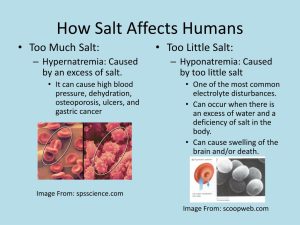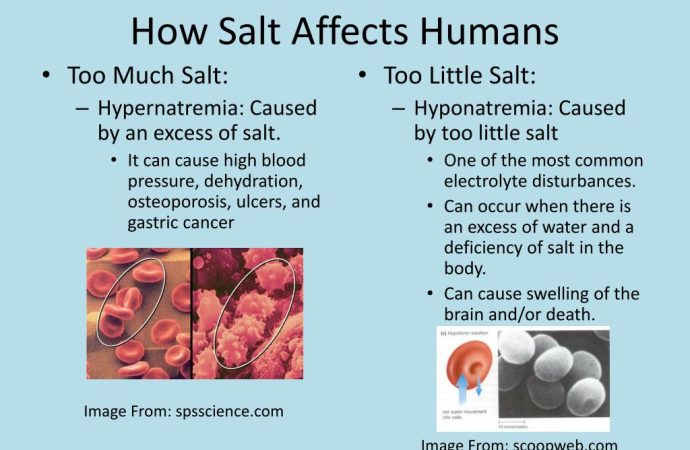Salty snacks are a delight to the taste buds, offering a plethora of flavors and textures that often tempt us to indulge excessively. However, behind their savory appeal lies a potential health hazard that often goes unnoticed – the detrimental effects of excessive salt intake. Consuming salty snacks in abundance can significantly impact our health,
Salty snacks are a delight to the taste buds, offering a plethora of flavors and textures that often tempt us to indulge excessively. However, behind their savory appeal lies a potential health hazard that often goes unnoticed – the detrimental effects of excessive salt intake. Consuming salty snacks in abundance can significantly impact our health, leading to a range of issues, from heightened blood pressure to increased risks of heart disease and other health complications.
Understanding the Impact of Salt on Health
Salt, primarily composed of sodium chloride, is an essential mineral vital for bodily functions like nerve transmission, muscle contraction, and fluid balance. Yet, the modern diet, characterized by the prevalence of processed and fast foods, has dramatically increased salt intake beyond what the body requires.

Image By: https://image2.slideserve.com
Hypertension and Cardiovascular Risks
One of the most prominent health risks associated with excessive salt consumption is the development of hypertension, commonly known as high blood pressure. Elevated sodium levels in the body can lead to water retention, causing an increase in blood volume and subsequently raising blood pressure.
Consistent high blood pressure is a significant risk factor for cardiovascular diseases such as heart attacks, strokes, and heart failure. The excessive strain on arteries and the heart itself due to increased blood pressure can lead to the thickening and hardening of blood vessels, amplifying the likelihood of cardiac issues.
Kidney Function and Osteoporosis:
The kidneys play a crucial role in maintaining the body’s sodium balance. Excessive salt intake can overwork the kidneys, potentially impairing their function over time. This may contribute to kidney stones or even kidney disease.
Moreover, a high-sodium diet can lead to increased calcium excretion through urine, potentially weakening bones and escalating the risk of osteoporosis, a condition characterized by brittle and fragile bones.
Other Health Ramifications
Beyond cardiovascular and renal implications, excessive salt intake has been associated with other health issues. Research suggests a correlation between high sodium consumption and an increased risk of stomach cancer. Furthermore, excessive salt consumption might exacerbate conditions like asthma and may contribute to fluid retention, leading to discomfort and swelling, particularly in individuals with certain health conditions.
Importance of Moderation and Healthy Alternatives
Understanding the detrimental effects of excessive salt consumption underscores the importance of moderation in our diet. Opting for healthier snack alternatives that are lower in sodium content, such as fresh fruits, vegetables, nuts, or homemade snacks, can significantly reduce salt intake while providing essential nutrients and fiber.
Reading labels attentively and being mindful of the sodium content in processed foods and snacks is crucial. Choosing low-sodium options or snacks labeled as “unsalted” or “lightly salted” can be a step toward better health.

Image By: https://cdn.winsightmedia.com
Conclusion
While salty snacks add zest to our palate, their excessive consumption poses a grave threat to our health. The ramifications of elevated sodium levels encompass various critical bodily systems, from cardiovascular health to kidney function and beyond. The significance of moderation in salt intake cannot be overstated, as it directly correlates with our overall well-being.
Educating ourselves about the hidden dangers of excessive salt consumption and making conscious dietary choices is pivotal. Striving for a balanced diet rich in nutrients while minimizing processed and salty snacks is an integral part of fostering a healthier lifestyle and reducing the risk of associated health complications. By embracing moderation and opting for healthier alternatives, we can safeguard our health and promote a better quality of life.

















Leave a Comment
Your email address will not be published. Required fields are marked with *